The changes for a gender-just world begin from within
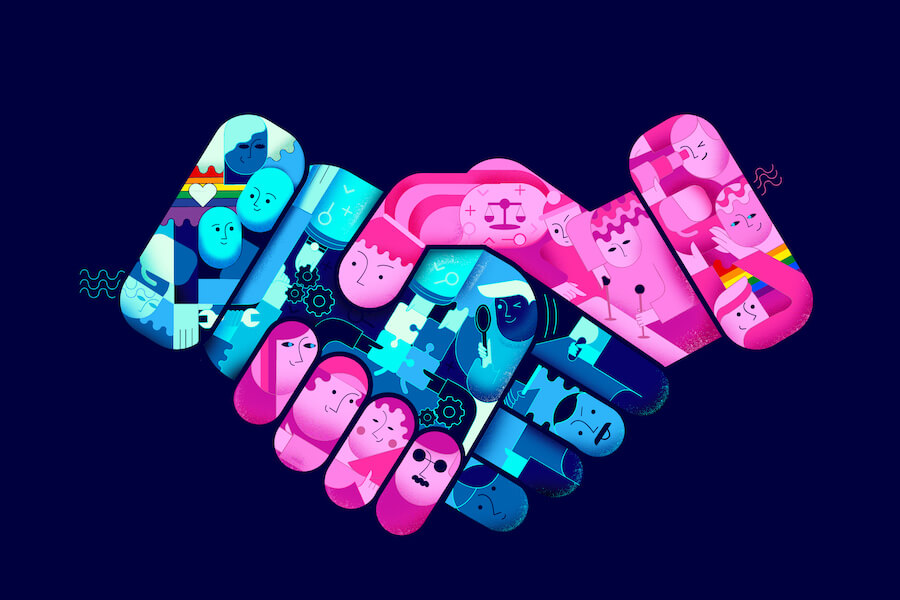
After an evaluation of the organizational approach to international cooperation contributing to gender equality, the Friedrich-Ebert-Stiftung (FES) has adopted a new gender strategy for its international development cooperation with national and international partners.
The gender work in the partner-oriented approach by FES has largely focused on building networks and coalitions, organizing political training for youth and knowledge exchange between organizations, movements and political parties in Germany, and progressive partners in over 100 countries where FES has offices.
Interviews and surveys with civil society organizations, trade union members and FES staff from the Americas, Africa, the Middle East and Asia informed the new two-pronged gender mainstreaming approach, which was the outcome of an evaluation that took place in 2017. A dynamic exchange between FES, country-based and regional partners will encourage international cooperation that integrates gender perspectives in the day-to day work in the office and with partners, placing gender justice at the heart of transformational policies that aim to distribute socio-economic development and opportunities across all genders and all of society equally.
We asked colleagues and partners how they see this work unfolding and where they see priorities.
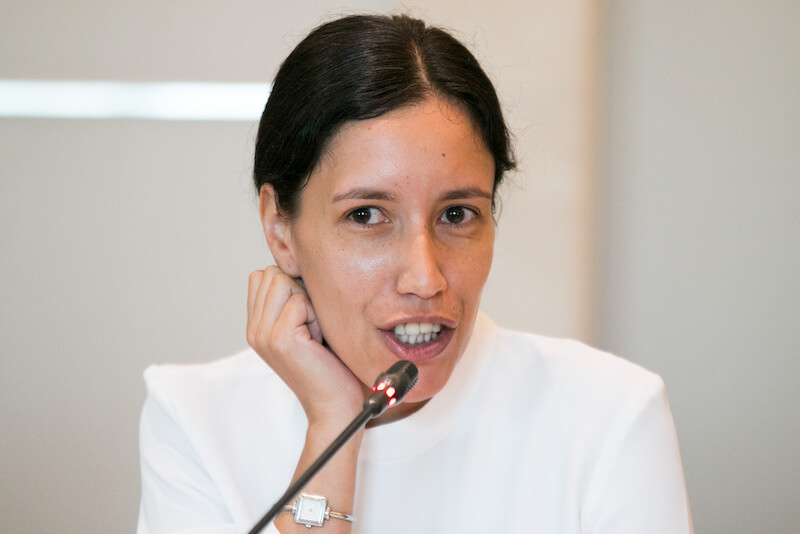
Gender justice has enormous transformational potential
The gender focal points FES introduced in the regions and in the international department in its Berlin-based headquarters, will support colleagues to mainstream gender into their work. They will also help identify major political events and prepare appropriate responses in the regions. The exchanges will shape debates with our partners, and in FES internally. This will not be an easy task, given the big network and office presence of FES internationally—and it will require extensive coordination as well as a constant engagement with the topic. It will also be a challenge to fight off resistance and the bureaucratic perception some people may associate with gender mainstreaming. However, I am sure the changes we adopted will expose the enormous transformational potential of gender justice.
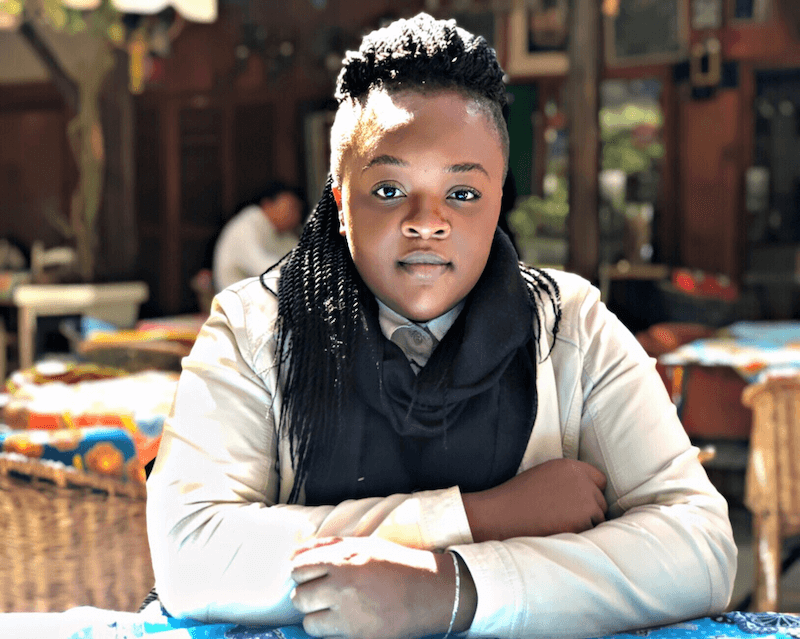
The interests and struggles of lesbian, bisexual and queer women must be part and parcel of public policy development
One of the greatest challenges I have faced in the struggle for rights and equality is the lack of visibility of the interests and struggles of lesbian, bisexual and queer women, which is the community with which I work. This lack of visibility contributes greatly to the absence of public policies that benefit this community. It makes it difficult to access public services and spaces, and also results in the marginalization and weak civil and political participation of these women. I believe that in order to reverse this current situation we need more inclusive spaces for LBQ women. The voices of these women need to be heard and their needs answered, we need more inclusive movements and we also need more discussion space on the daily struggles of these women.
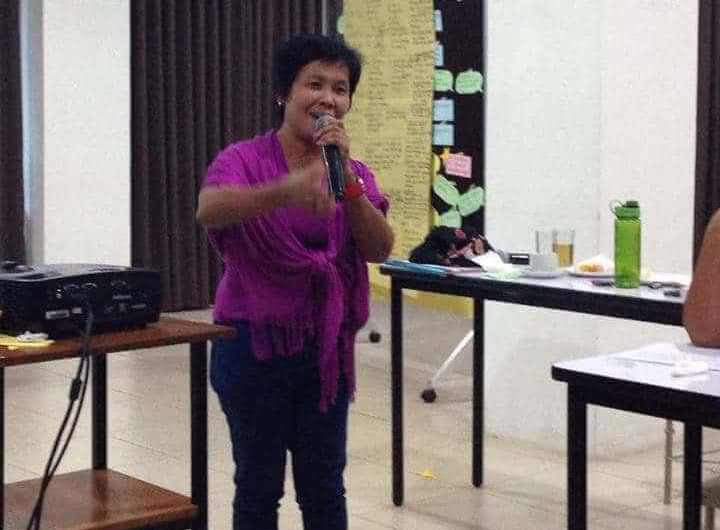
Support information and training for rural women to participate in communal politics
The dominant culture is still that society has very little regard for the capacities of women and always limits opportunities for women because of the gender roles assigned to us. These can be felt even within supposedly progressive organizations. Especially in the rural areas, men are deemed to be better at political work even while women have always been active in organizing and campaigns, either for electoral seats or issue advocacies. It is important to build women’s capacity. Trainings should reach women in community level who have limited opportunities and mechanisms to access information. We should also support women in politics who commit to moving our equality agenda forward.
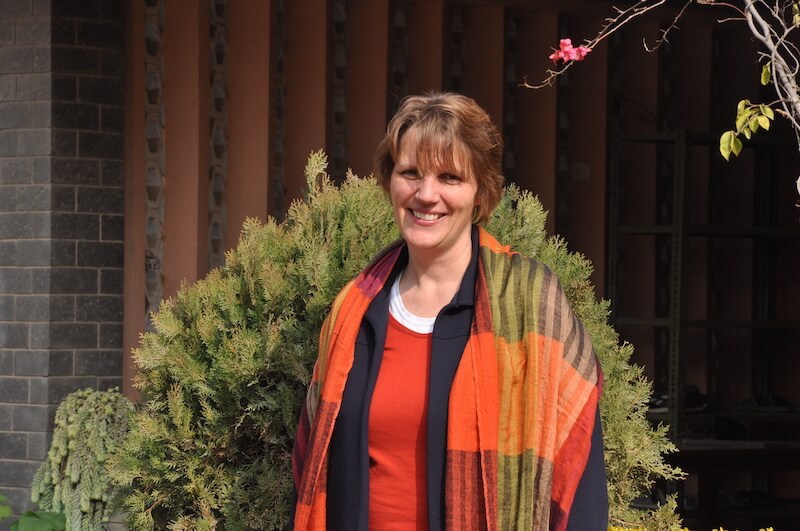
We can break new ground supporting women and men as role models for gender equality
Achieving gender equality, be it in politics or at work, necessarily takes two. Equality directives are essential, as are laws against discrimination as well as other legal and political instruments, and their strict enforcement. At the same time, it is going to take individuals with courage, will power and stamina to fight and find compromises in the everyday struggle for equal gender rights and opportunities. My experience is that change starts at the individual level. Successfully supporting women and men to act as role models in gender equality, and thus also encouraging others to break new ground, is one of the sources of my professional satisfaction and an inspiration for my private and professional life.
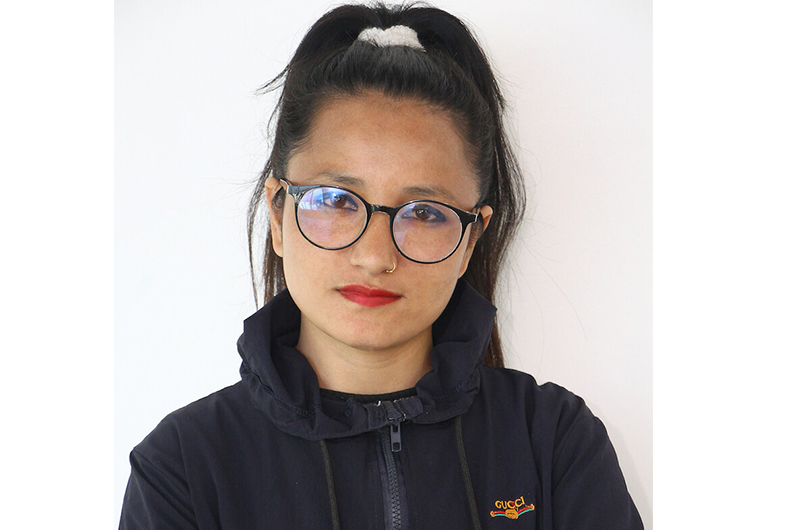
We need to overcome the hurdles that prevent the presence of women in politics
Politics is not very welcoming to the Nepalese women. Nonetheless, through the policies of affirmative action, Nepal has 40 per cent women in local government and 33 per cent in the parliament. I have had the opportunity to closely interact with the women who have been engaged in politics. Maintaining the balance between a political career and household duties is difficult for women. The early-morning and late-night meeting schedules are examples of the hurdles that women need to overcome. The social construction of women and their public life adds another pressure for women in politics. Moreover, the high costs of participation cuts down the chances of women contesting the first-past-the-post elections because the majority of women are not financially strong. These factors affect the substantive presence of women in politics.
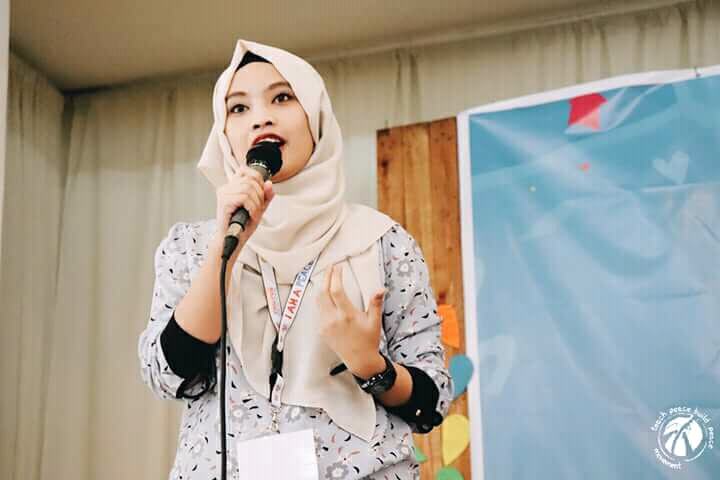
Equal access to education can bring acceptance and recognition for female community leaders
Women should be empowered and encouraged to take active part in our organizations and communities. As a young Muslim Bangsamoro woman, I have experienced the struggle to prove my worth and capacity in workplace, and in a leadership position. The main challenge has always been the view that women are weak and incapable of providing contribution for development, especially given that we are living in a tight security area. This is a socio-cultural issue. To address this, we must enable our societies to be inclusive, to provide equal access to education, to promote a culture of tolerance, political and economic freedom, and to be a hub of peace.
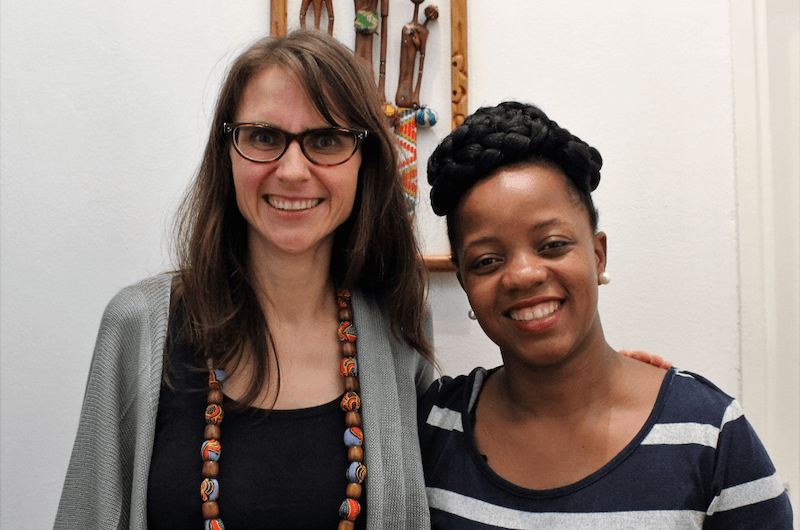
The long walk to change requires to deconstruct the stereotypes around gender work in development cooperation
Widespread perceptions of Africa often associate the continent with crude gender stereotypes: "Women are victims", "Men are violent perpetrators", "Homosexuality and Non-cis gender identities are un-African". The continent is overwhelmed by policy measures that profess to advance the objective of gender equality. But the analytical concept of gender, previously one of emancipation, has too often been reduced to an arbitrary catch-all term for fixing all kind of development problems. A challenge that we are facing in our work around gender justice is, first of all, the deconstruction of stereotypes around gender. We need to bring the discussion back to the essence of the things that we want to really discuss under this label, in order to transform societies, economies and institutions towards more equality and greater social justice. The intersectionality of inequalities, power relations, gendered social roles and identities, equal citizen and workers' rights, non-discrimination, sexual liberties and liberty of choice, just to name some. It is a long walk to change, and one that will pass through rethinking the ways we work, act and think.
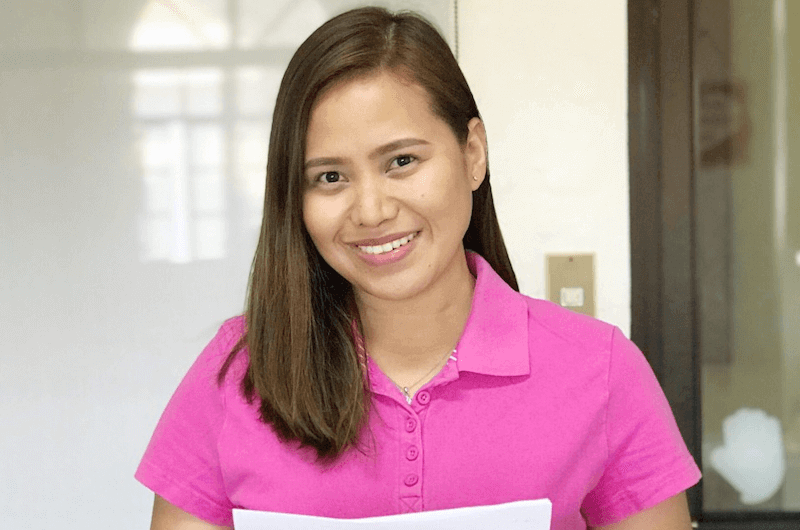
Organize youth for active participation in community life to drive political progress
Civic apathy and a sense of powerlessness are the challenges that hinder political advancement in my country. Coupled with the seemingly insurmountable problems of the nation, most of the citizens, especially young people, are demotivated from participating or voting during elections. To address these challenges, we need to organize civic-minded individuals at the grassroots and form a critical mass that will be the catalyst for civic involvement and active participation in the community. Apathy and powerlessness can be transformed into civic excellence and inclusive, participatory governance champions if we induce critical discussion and creative collaboration, as well as inter- and intra-community partnerships to empower ordinary citizen-voters and strengthen local civil society.
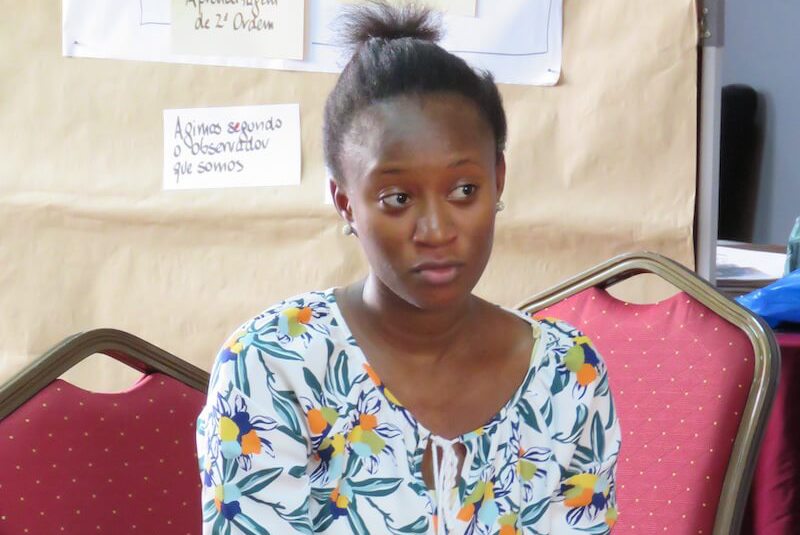
Civic education can strengthen the transformative capacity of communities to question gender inequality
Throughout my career as a social activist for human rights, especially the rights of women and girls, mobilizing people to take action, has been a challenge. This factor is associated with how formal education educates society, without providing a critical analysis sense of the facts, or teaching people to question received notions. People are aware of their lives, their challenges and problems, but they are very afraid to question and act to generate change. I saw that it is necessary to use popular education and ensure progression of community awareness levels. And I started to give trainings with social transformation methodologies, making the community discuss by themselves and questioning their situation.
###
For more information about the gender strategy in the international cooperation, contact Natalia Figge, focal point for gender justice at FES Berlin.
About FES Connect
Connecting people, in the spirit of social democracy, we source and share content in English from the German and international network of the Friedrich-Ebert-Stiftung.





